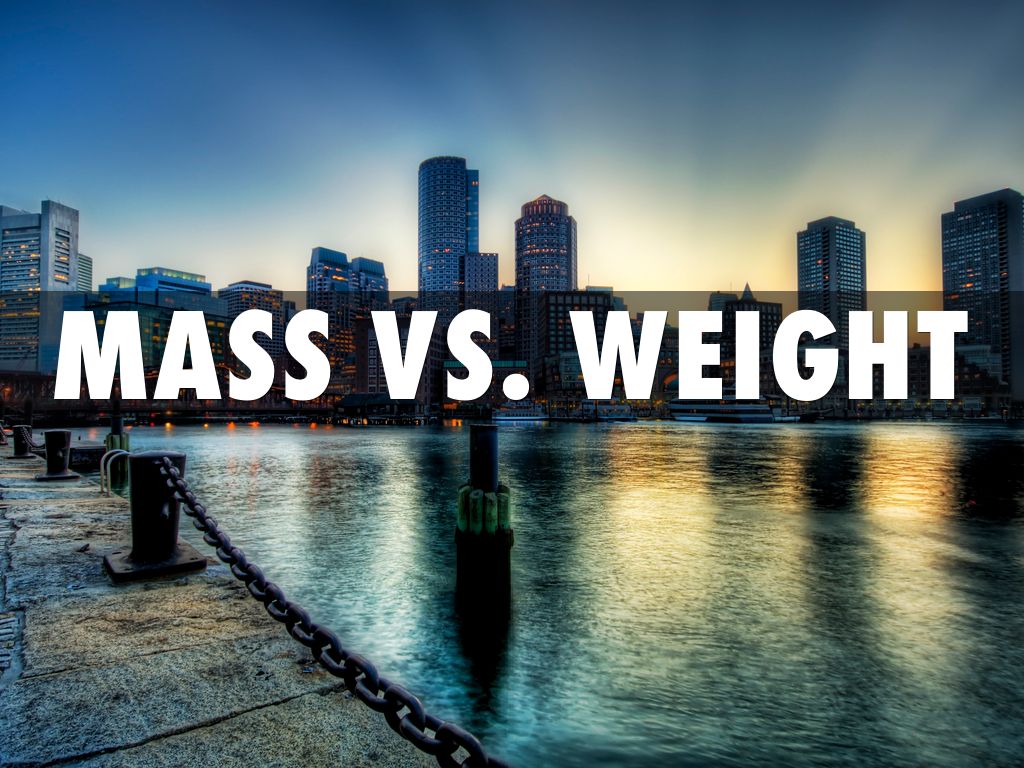In ordinary conversation, the terms “weight” and “mass” are used interchangeably, however, these two words don’t mean the same thing. The difference between weight and mass is that weight is a measure of how the force of gravity acts upon the mass, whereas mass is the amount of matter in a material.
Mass is the measure of the amount of matter in a body and it is denoted using m or M. The weight of an object is the force exerted on the object because of gravity. Weight is usually denoted by W. Weight is mass multiplied by the gravity (g) acceleration. W=m∗g
Convert gallons to cubic meters

Comparing Weight and Mass
Mainly, when comparing weight and mass on Earth (without moving), the values for weight and mass are the same. The mass will remain unchanged, but the weight will not if you change your location with respect to gravity. For instance, the mass of your body is a set value, but your weight is different on the Moon in comparison to Earth.
– Weight depends on the effect of gravity. With higher or lower gravity the weight increases or decreases.
– Mass is a property of matter. The mass of the body stays unchanged everywhere.
– If no gravity acts upon an object, as in space, weight can be zero.
– Mass can never be zero.
– Weight varies according to location.
– Mass does not transform according to location.
– Weight has magnitude and is directed toward the center of the Earth or other gravity well. Weight is a vector quantity.
– Mass is a scalar quantity. It has magnitude.
– In order to measure the weight spring balance is used.
– The mass is measured using an ordinary balance.
– Weight is usually measured in newtons, a unit of force.
– Mass is typically measured in kilograms and grams.
How Much Do You Weigh on Other Planets?
The acceleration due to gravity and weight varies dramatically, while a person’s mass doesn’t change elsewhere in the solar system. The calculation of gravity on other bodies, as on Earth, besides depending on mass depends on how far the “surface” is from the center of gravity. For instance, on Earth, your weight is barely lower on a mountaintop than at sea level. The effect becomes especially impressive for large bodies, like Jupiter. While due to Jupiter’s mass, gravity exerted by it is 316 times greater than that of Earth, you wouldn’t weigh 316 times more because its “surface” [or the cloud level] is far out from the center.
Different celestial bodies have different gravity values than Earth does. Simply multiply by the appropriate number in order to get your weight. For instance, on Jupiter, a 135-pound individual would weigh 356.4 pounds or 2.64 times their weight on Earth.

Body Multiple of Earth Gravity Surface Gravity (m/s2)
Sun 27.90 274.1
Mercury 0.3770 3.703
Venus 0.9032 8.872
Earth 1 (defined) 9.8226
Moon 0.165 1.625
Mars 0.3895 3.728
Jupiter 2.640 25.93
Saturn 1.139 11.19
Uranus 0.917 9.01
Neptune 1.148 11.28
You may be stunned by your weight on other planets. It makes sense that a person would weigh identically on Venus because that planet is almost the same size and mass as Earth. Yet, it may seem weird that you’d actually weigh less on the Uranus (gas giant). Your weight would be only barely higher on Neptune or Saturn. Your weight would remain about the same although Mercury is much smaller than Mars. The Sun is much more massive than any other body, however, you would weigh about 28 times more.